



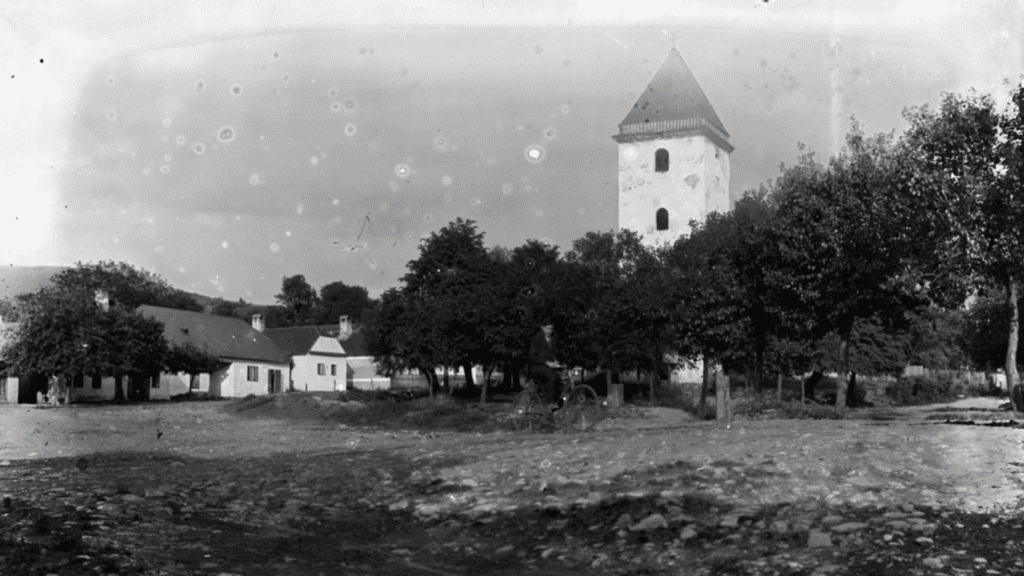
This chapter of the interwar system needs to be reckoned with, if only to illustrate the progress the Hungarian right has made since then: today, small neo-Protestant Christian churches are allies of the right in Hungary, and not treated as adversaries.
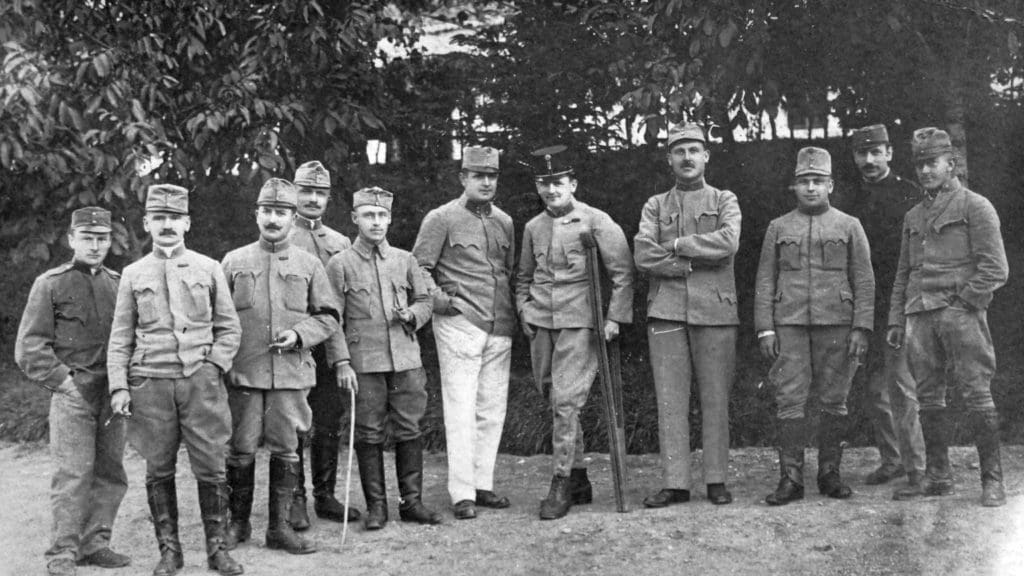
If one spends some time in Hungary, one may come to the opinion that the Serbs a ‘stubborn’ and ‘rather barbaric people’. This kind of anti-Serbian language dominated contemporary British reports.
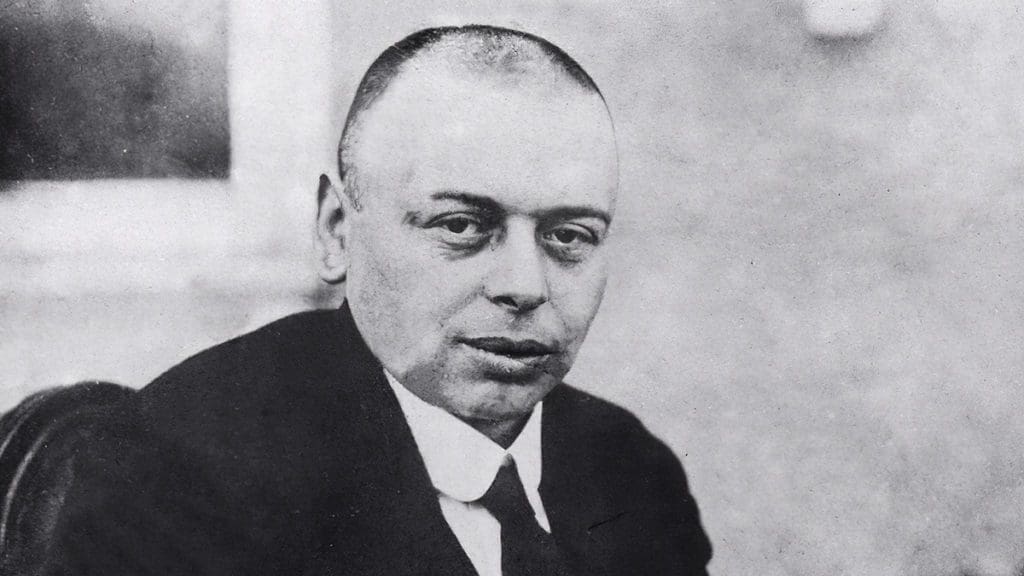
The British were tallying all the myths and legends about Kun, and sometimes they even gave credence to them.
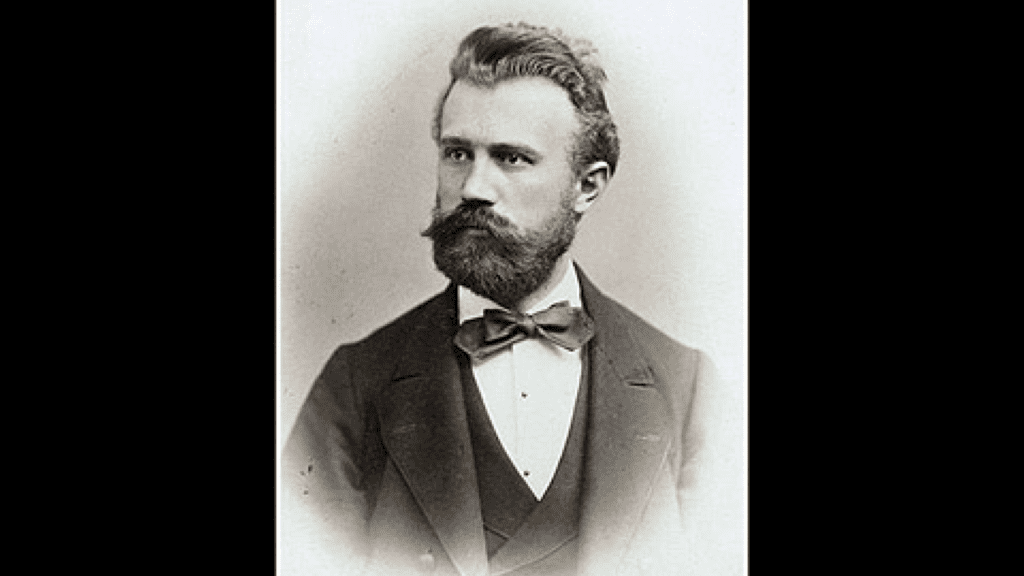
The “Jewish world conspiracy” behind the Jewish swindler from Baltavár sounds like a bad joke, even though Istóczy was not joking: he became the most decisive and perhaps the only truly famous antisemitic politician of Dualist Hungary.
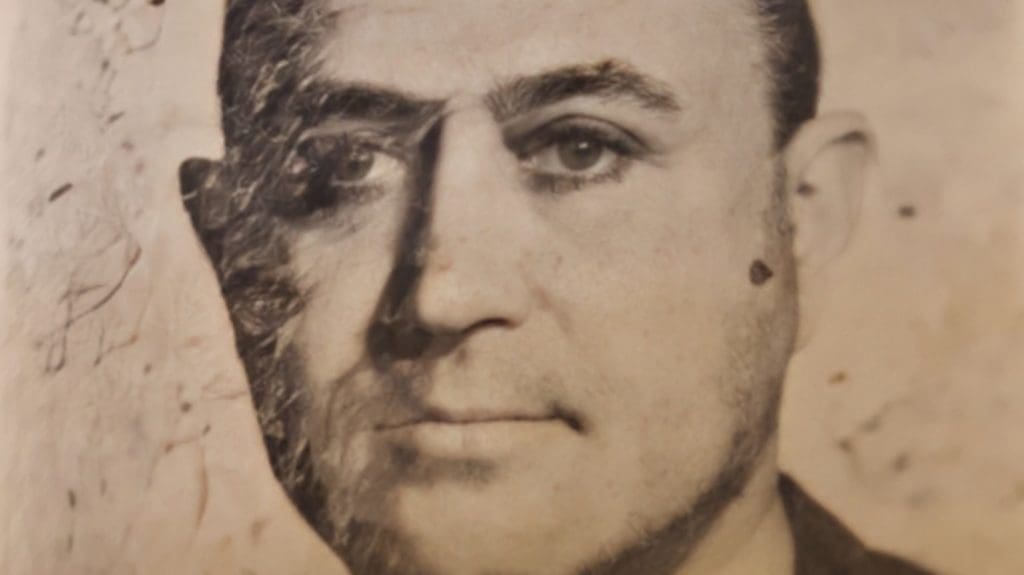
Sometimes post-war transformative justice did catch real war criminals, but sometimes completely innocent men like Antl were caught in its machine.
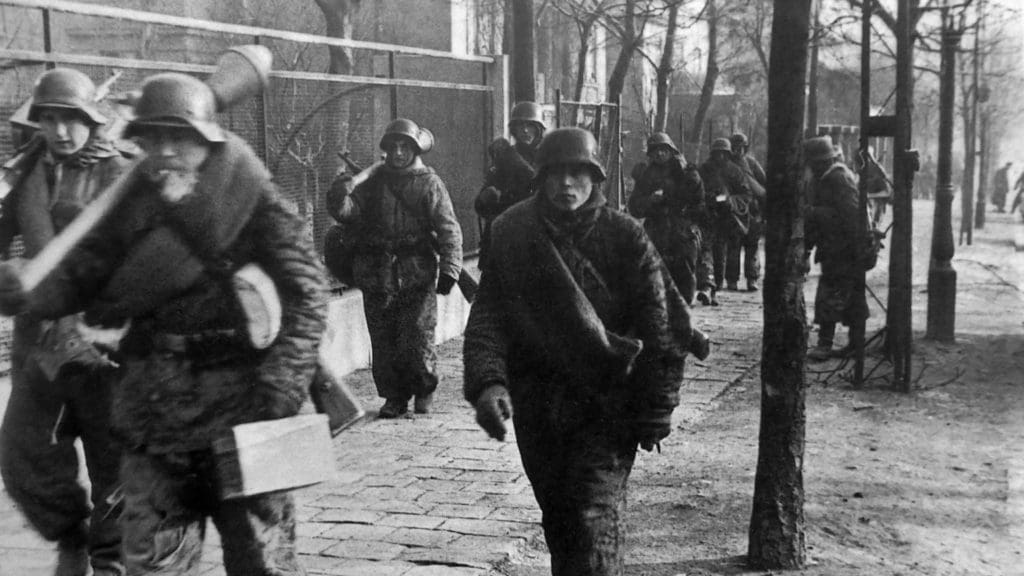
The question was posed as follows: was Hungary truly occupied, or did enough of Hungarian sovereignty remain to label the country “independent”?
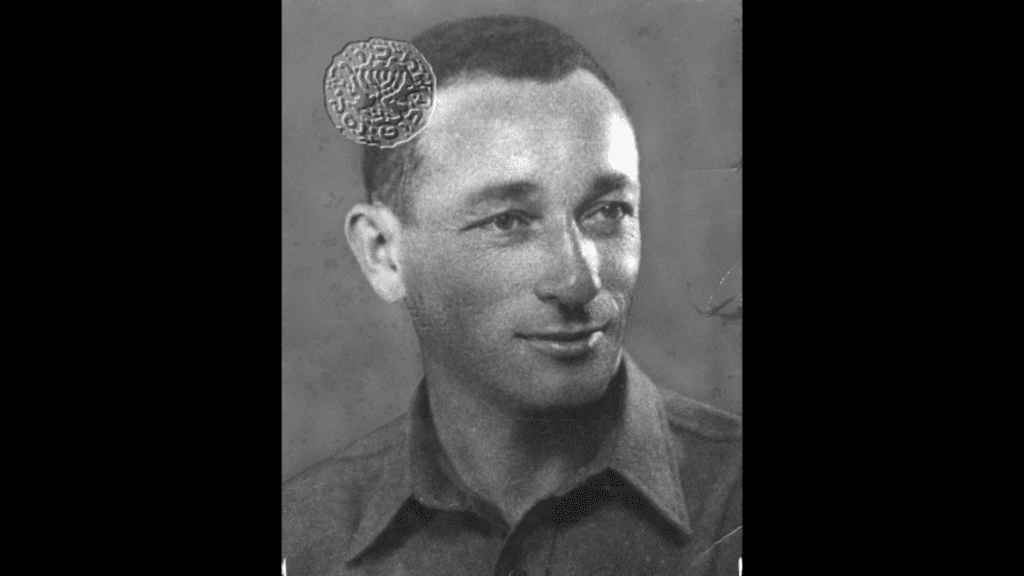
Dov Gruner went on to become one of the finest examples of pre-state military heroism in Israeli history.
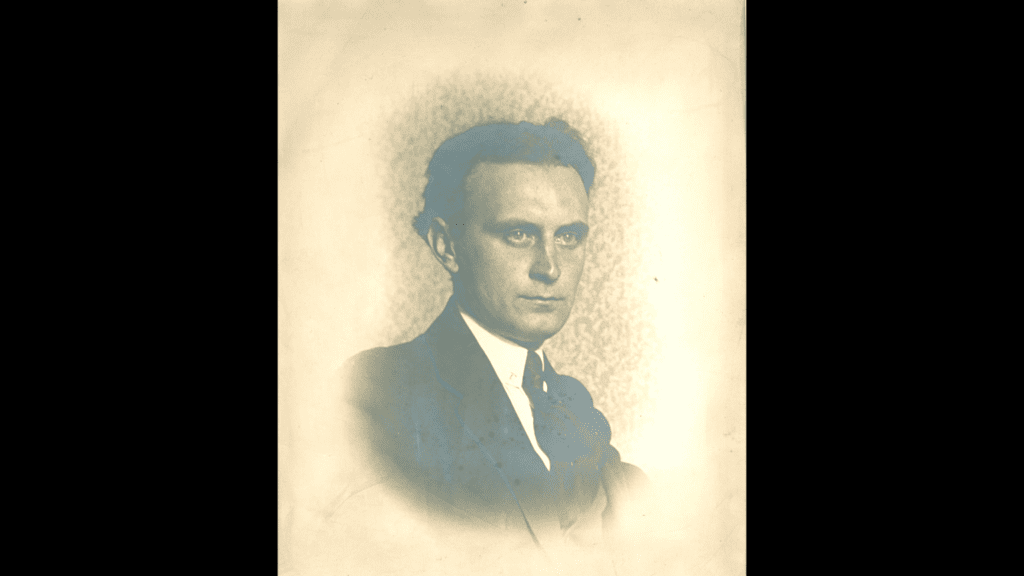
Few know that he spent his final years not battling Jews, but the Nazis, and most likely ended his life as an anti-Nazi resistance fighter, like his well-known friend, Endre Bajcsy-Zsilinszky.
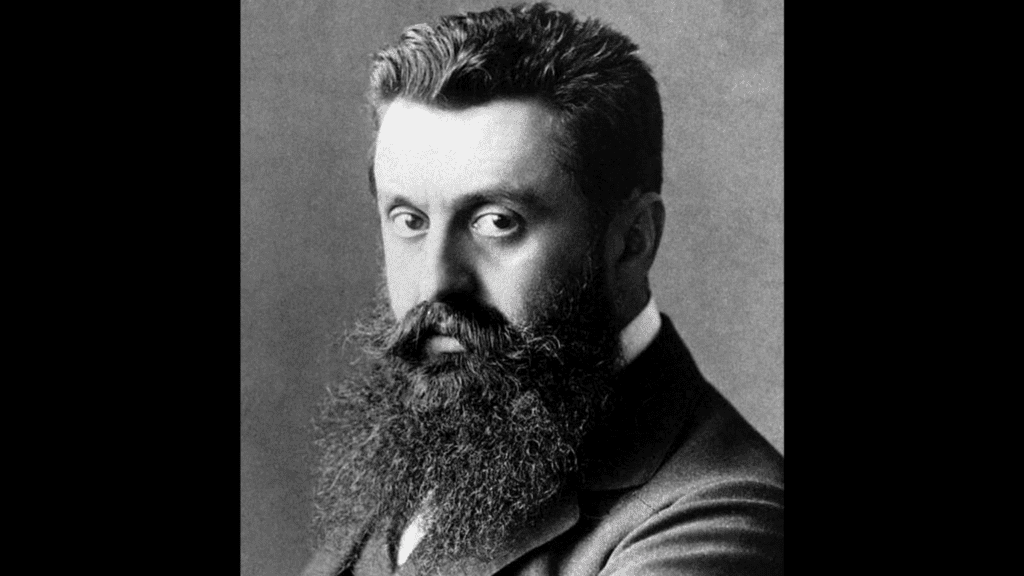
During this period, both sides tried to quote the writings of the Budapest-born founder of political Zionism, Theodore Herzl, and both sides seemed to find their own version of Herzl that fit their arguments.
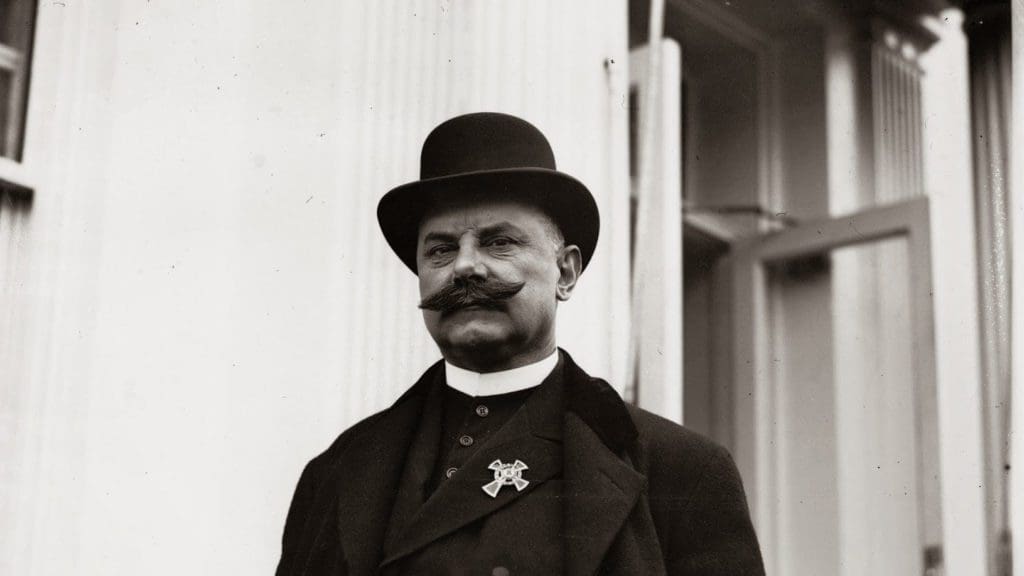
The report explicitly referred to Baltazár as an ‘enemy.’ The investigators were quite obviously not interested in identifying the real culprits.
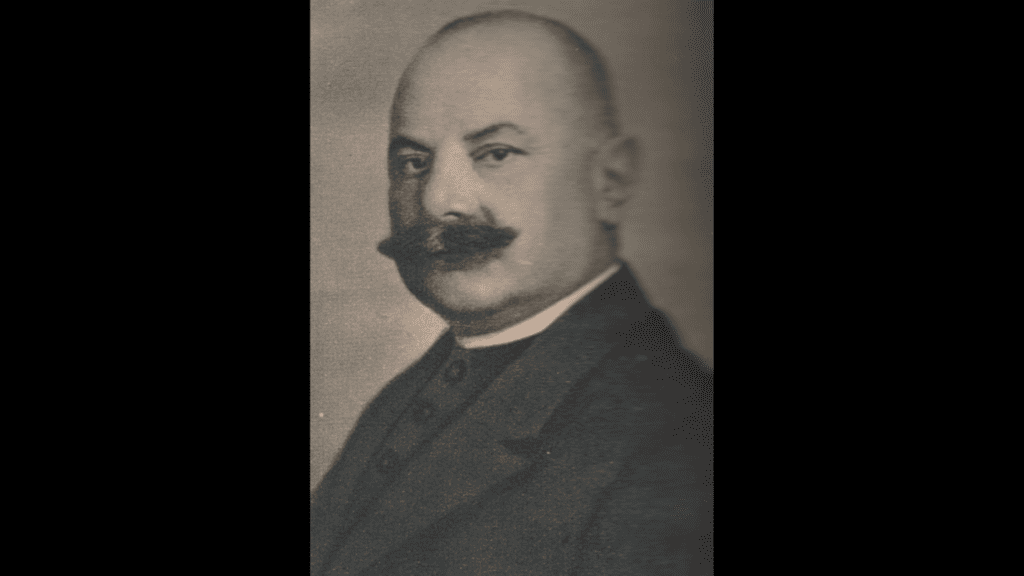
In this two-part article we will explore the main reasons behind the conflict, which proved to be one of the most serious anti-Calvinist offenses of the period.
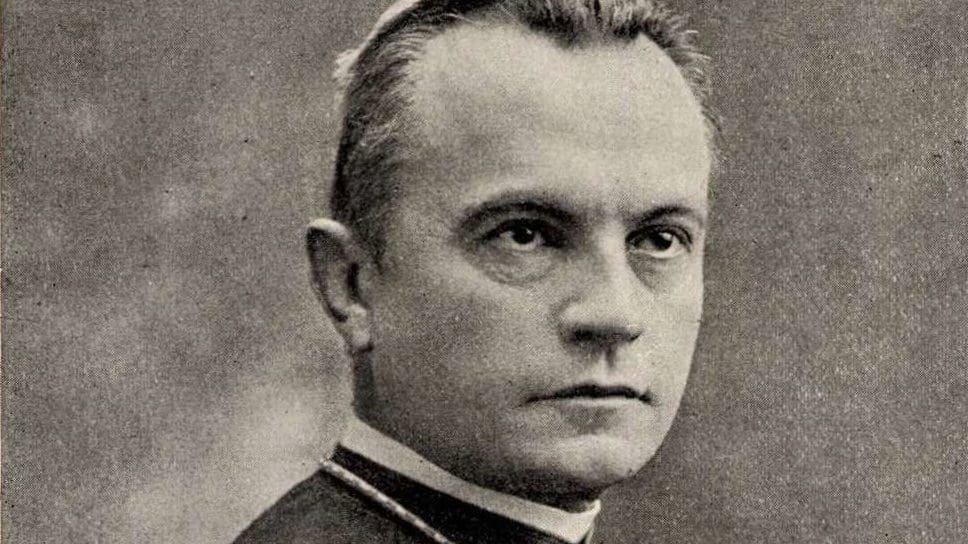
In this piece, we will present an interesting albeit largely forgotten debate that raged in the early ‘40s about Prohászka’s legacy and the expression Hungarianism.
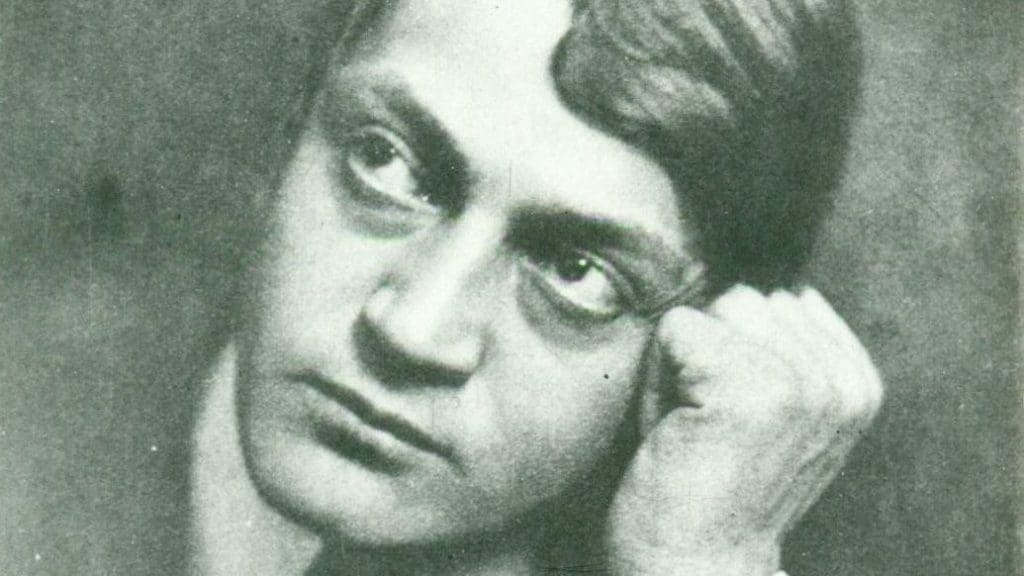
Only his poems testified to his views, which were quoted by his admirers, opponents, relatives and former friends for the sake of different political strains.
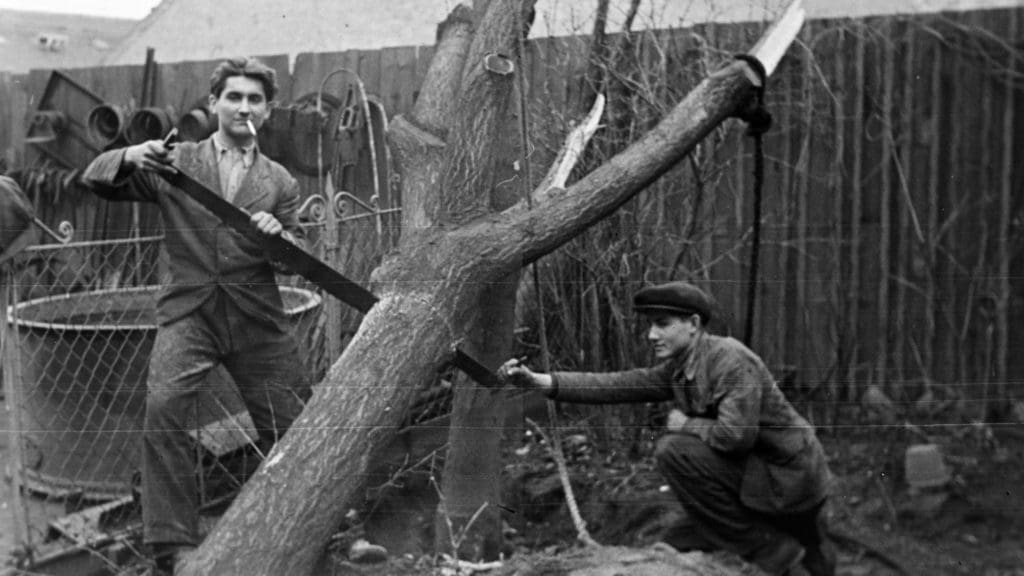
Inflation and the lack of heating materials tend to go hand-in-hand with war and crises, and it is interesting–and sad–to see that Hungary is now facing the very same issues as it struggled with a hundred years ago.
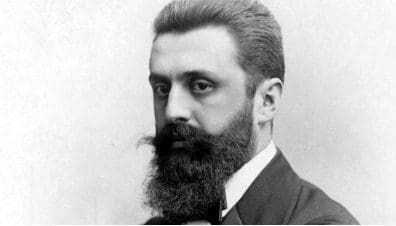
Herzl was a national visionary, but in a sense he was also a strongly anti-liberal thinker and thus, it is the task of today’s Hungarian public life to further acquaint itself with him.

‘I can only say that if I were a Jew, I would be a Zionist. . . And you see, I am considered antisemitic.’
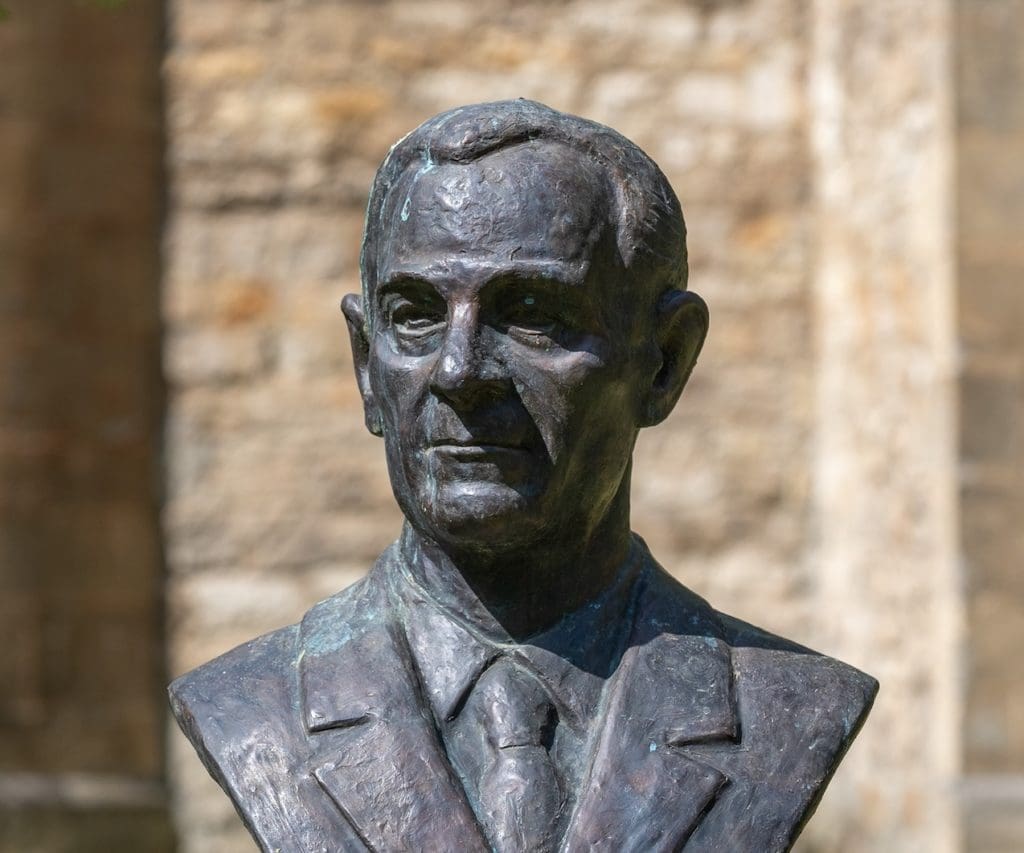
The subject of this article is an examination of the procedure undertaken by the people’s court based on authentic Romanian archival documents.
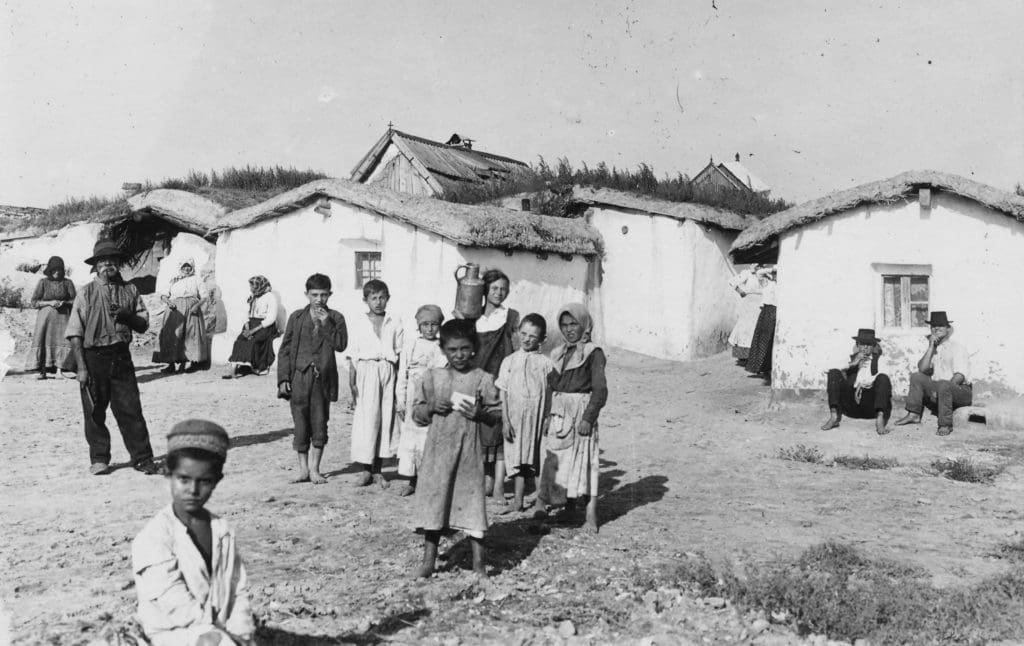
The situation of the Gypsies in this period ranged from tolerance and jovial disdain to exclusion, which literary historian János Hankiss characterized a quarter of a century later by saying that the Gypsies were ‘relatable strangers’ in Hungarian culture.
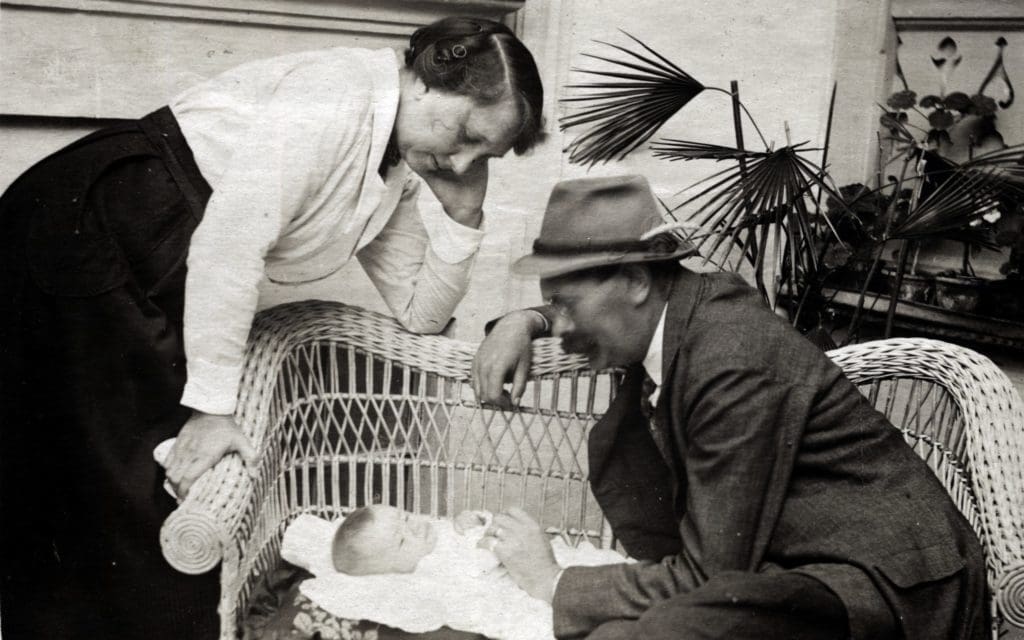
Today there are about 30 thousand abortions per year in Hungary, as opposed to the peak reached under socialism with nearly 200 thousand pregnancy terminations per year.
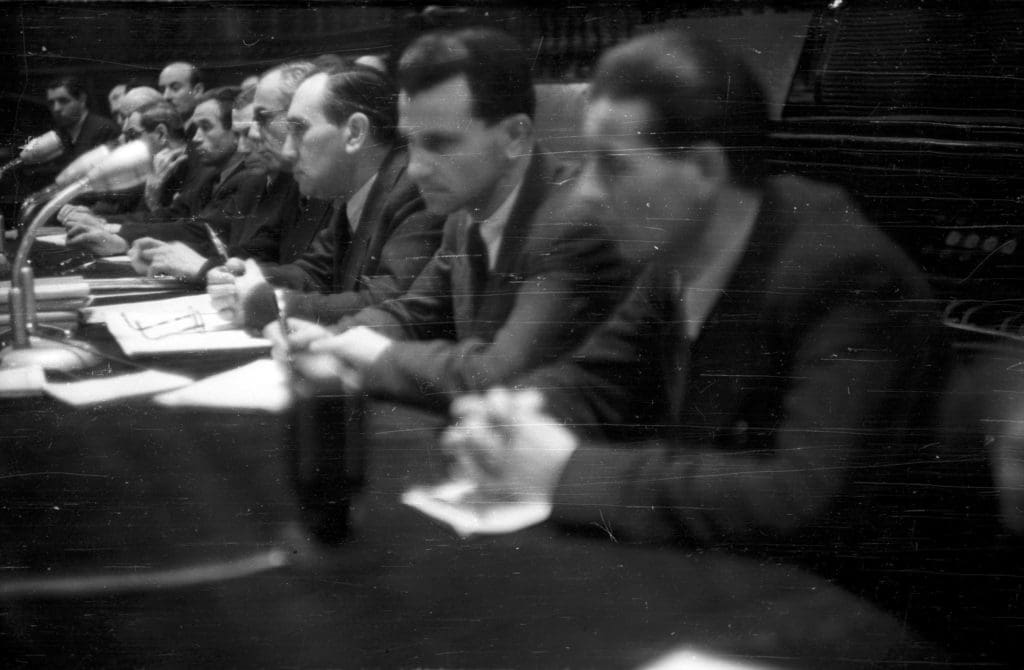
‘A destructive press campaign was launched against me and I was just charged with vile fascist crimes, I, who not only suffered from the persecution of the fascists, but whose relatives were all killed by Fascism.’
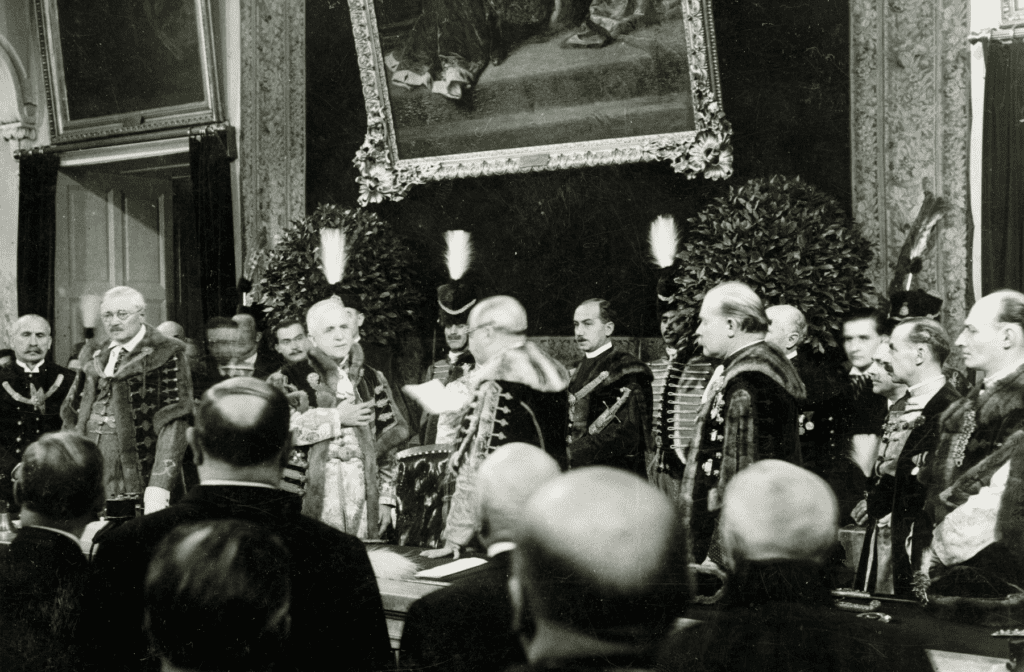
This article will help you understand why this position was so coveted by those seeking to control the country – among them the Nazi occupiers of 1944 and the Communists.
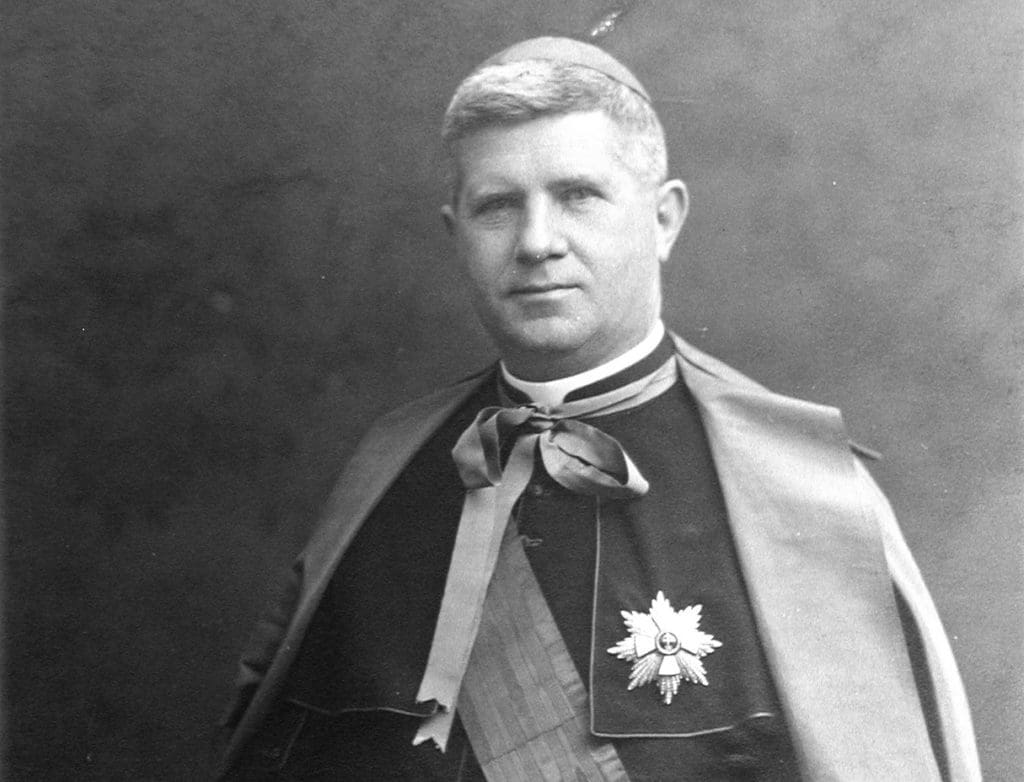
The story of Zadravecz’s controversial years well illustrates the fascinating internal debates and lively public life of the early Horthy period, as well as the divisions between Christian churches in a period which desperately called for Christian unity.
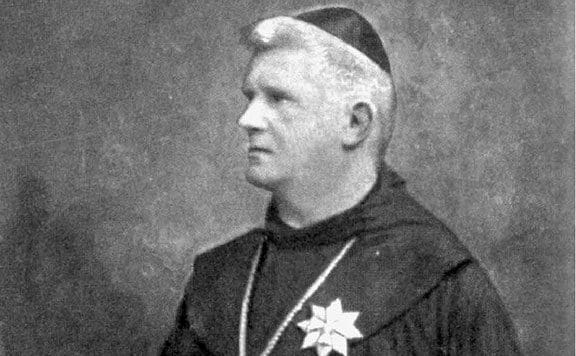
In this article, we analyse various testimonies and depositions made during István Zadravecz’s many trials along with his speeches and articles appeared in the daily press at the time.
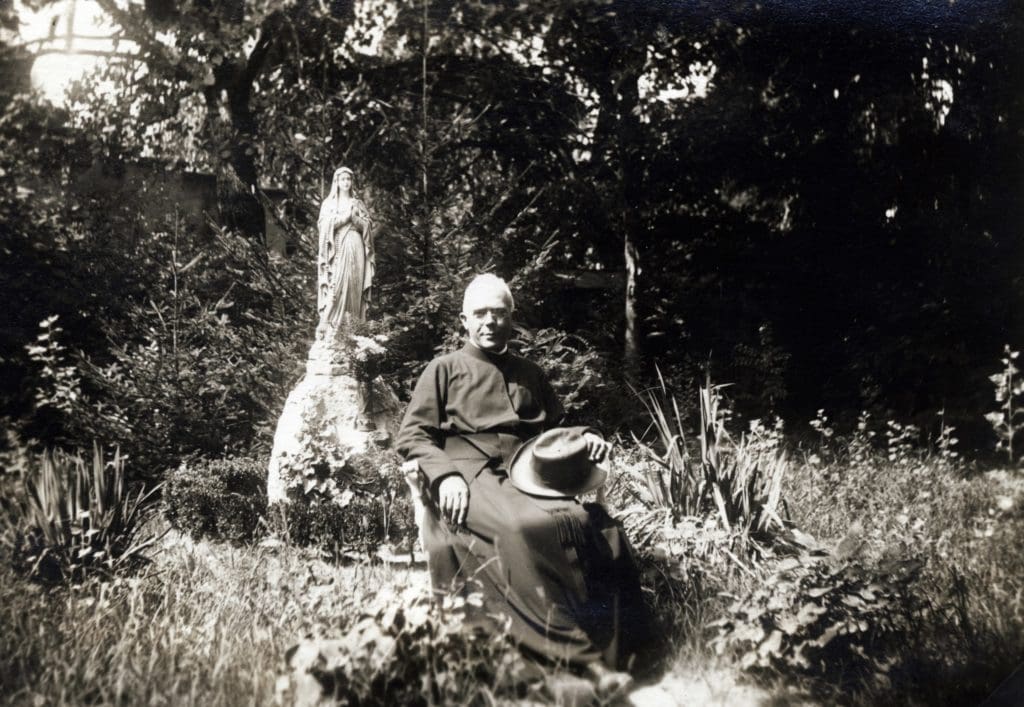
Bangha was hated by everyone: the protestants because he was a traditional Catholic, the Catholics because of his supposed compromises, the racists because he was seen as a liberal, the liberals because they thought he was still an antisemite, and the pro-Horthy government because they thought Bangha was a Habsburg loyalist.
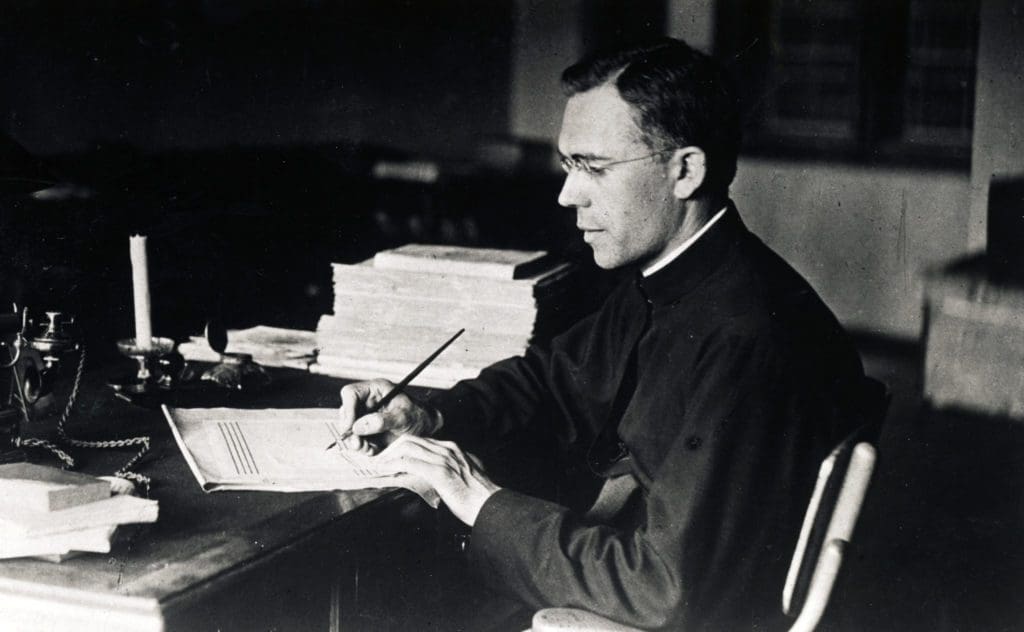
To this day, Béla Bangha is notorious for his anti-Semitism, but his works are much more complex than the image we have today.
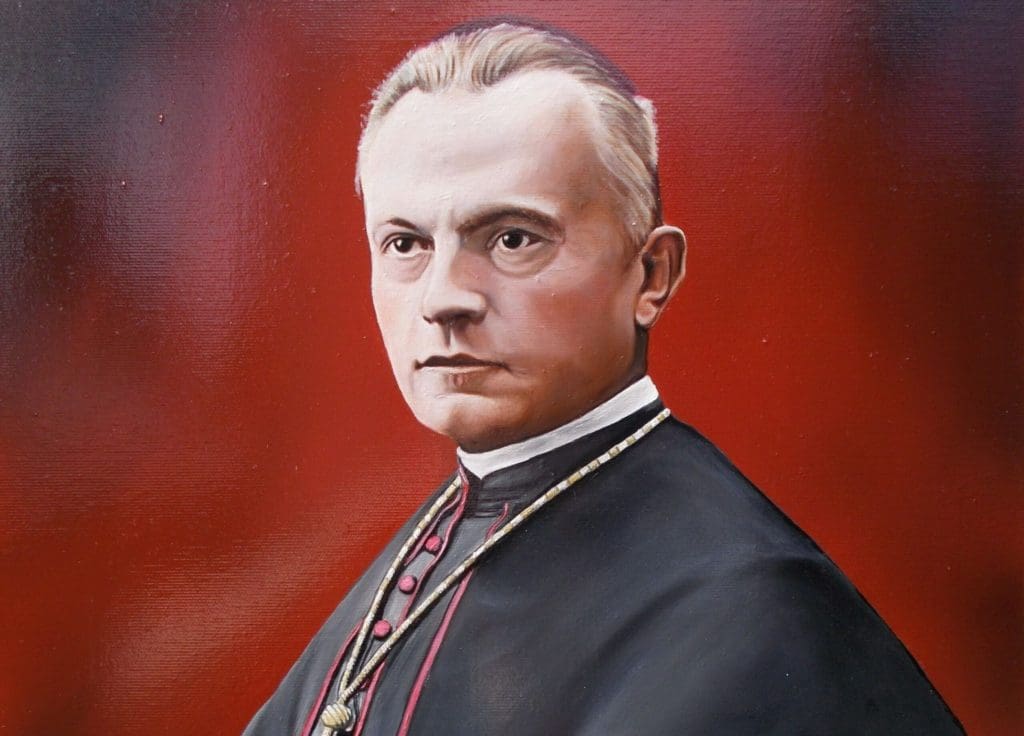
Nature, to Prohászka, reflected the initial will and grace of God, a gift bestowed upon humanity that they had to cherish, nurture, and also protect. This was in a sense connected to the image of humanity, reflected in Prohászka’s writings.
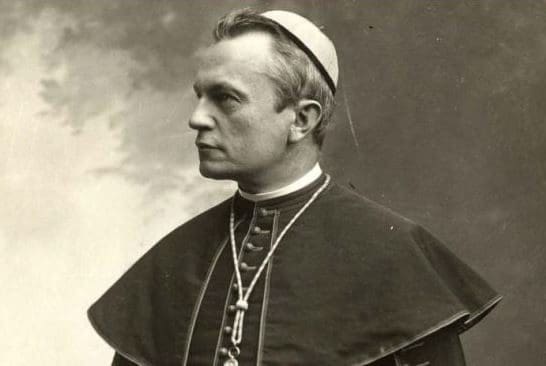
We can see Prohászka as a fascinating yet divisive author whose works are still being debated today.
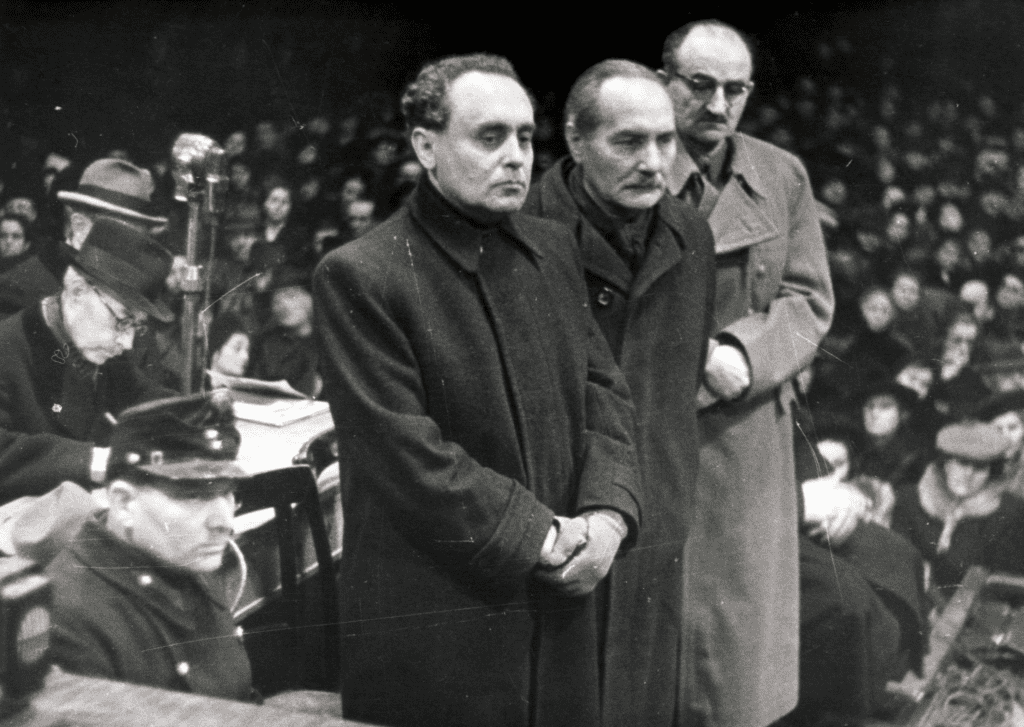
The Sovietisation of Hungary demanded the discrediting of all liberal, democratic and capitalistic traditions as undesirable, and therefore a “straight line” had to be drawn from the white counter-revolution of 1919 to the 1944 October Arrow-Cross takeover.
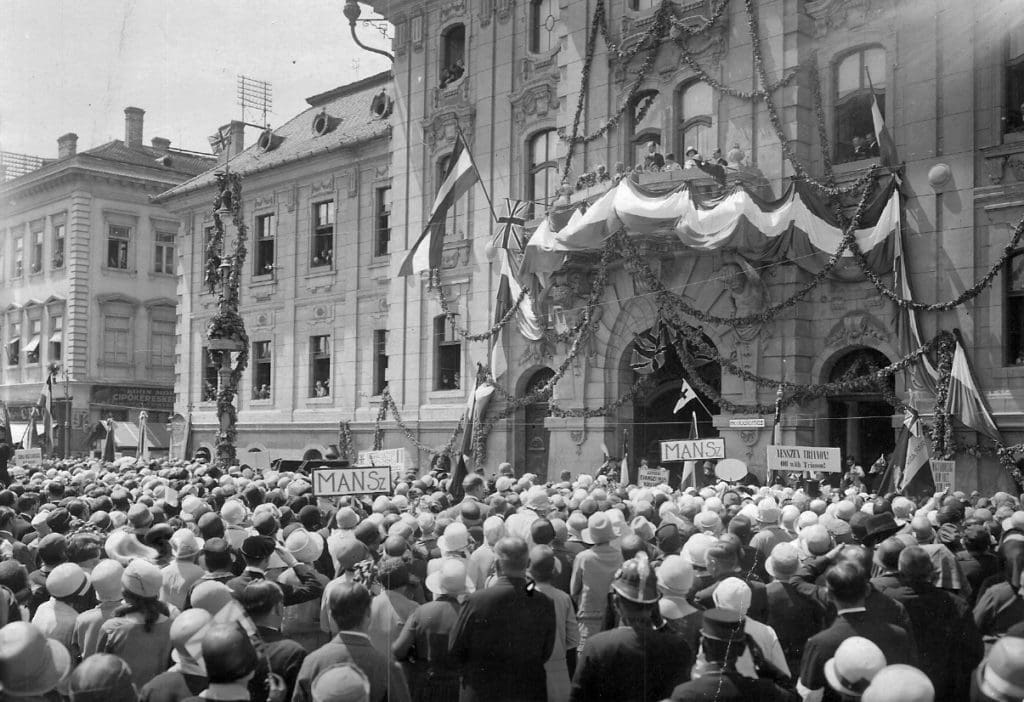
‘We try and keep the illusion awake in ourselves that we can cross to Nagyvárad or drop by to Nagyszalonta and then run from Makó to Arad, as it used to be—so natural, so self-evident. And then all of a sudden, we realise it is no longer possible.’
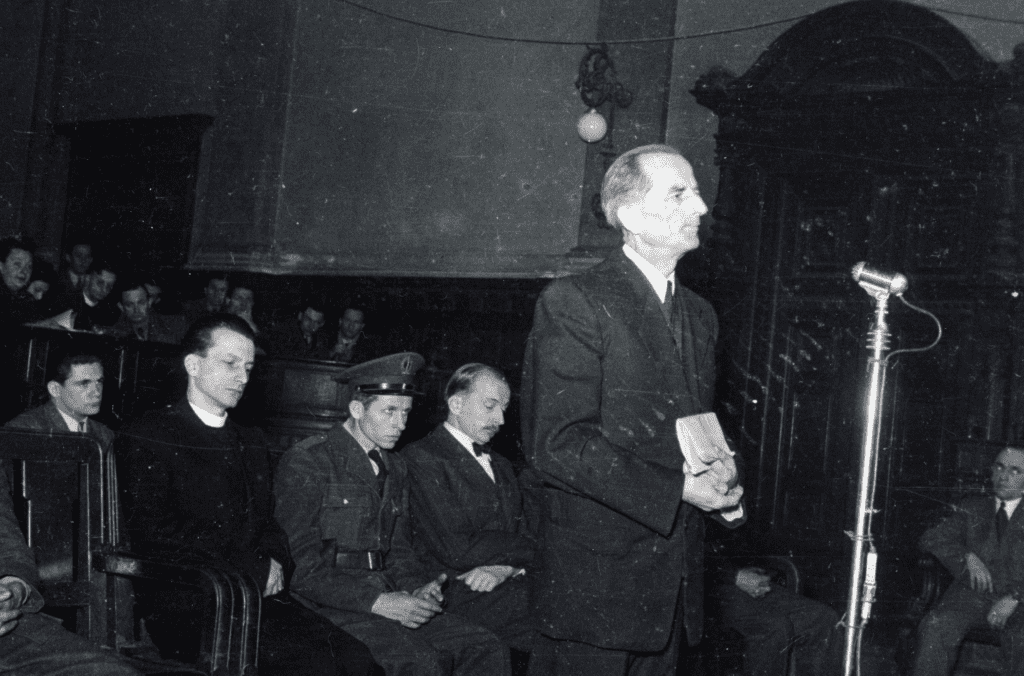
Should we believe the court documents of a case where the prosecuted people did not deny their crimes at all, but where falsified documents have also been used? Can a trial be labelled only “partially corrupt”? Doesn’t this destroys faith in the entire process and in the People’s Tribunal justice?

Hungarian Conservative is a quarterly magazine on contemporary political, philosophical and cultural issues from a conservative perspective.